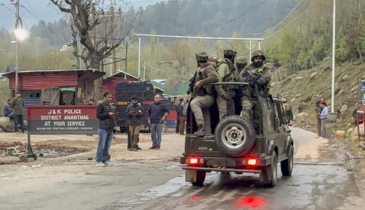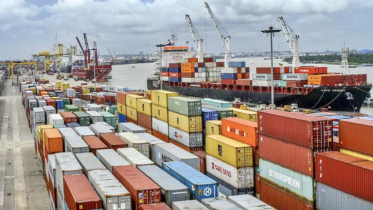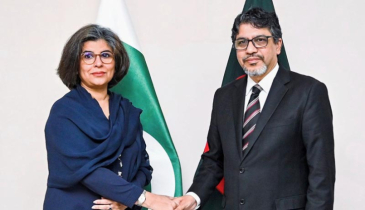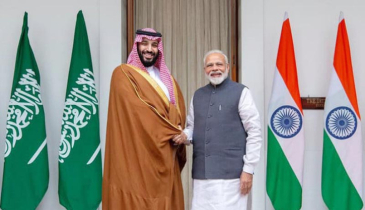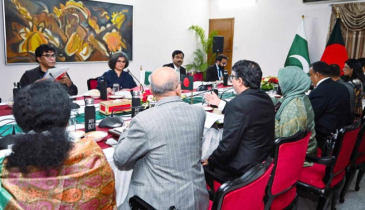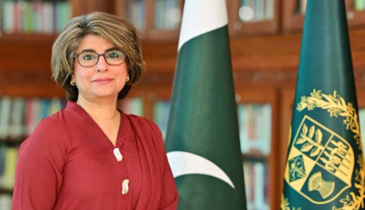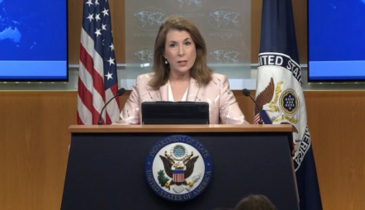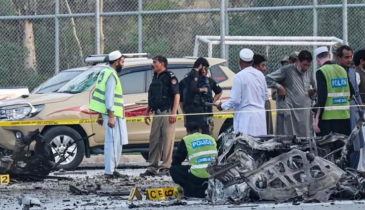Persistent challenges mark Pakistan's new coalition government
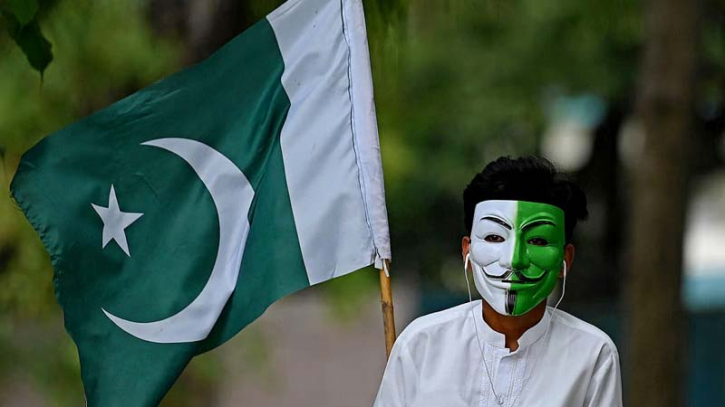
The recently declared coalition government in Pakistan mirrors the 2022 alliance that led to the ousting of Imran Khan underscoring the military's enduring influence and Khan's resilient opposition power, according to analysts.
Despite a surprising electoral boost for independent candidates loyal to imprisoned ex-premier Khan, the Pakistan Muslim League-Nawaz (PML-N), backed by the military top brass, announced a partnership with the Pakistan Peoples Party (PPP) and smaller parties to form the next government.
"This is the same set-up, but just with the stamp of these elections," remarked political analyst Hafsa Khawaja, emphasizing the continuity in the political landscape. The recent surge in support for Khan loyalists necessitates a broad coalition to secure the parliamentary majority essential for a new government. However, signs suggest that this iteration may be weaker than its predecessor.
PPP leader Bilawal Bhutto Zardari, who served as the foreign minister in the 2022-23 government, stated that his party would not take ministerial roles this time and would support the prime minister "on an issue-to-issue basis." Negotiations are ongoing, and there are indications of a potential return to the presidency for Bilawal's father, Asif Ali Zardari.
If the PPP refrains from assuming any ministries, it could result in the administration functioning as a minority government, resembling the previous alliance but on a "weaker footing," noted analyst Amber Rahim Shamsi. Pakistan faces a challenging economic slowdown, and the incoming administration will need to negotiate tough measures to secure a crucial new deal with the International Monetary Fund (IMF).
"Whatever government comes into power has to make many, many unpopular, tough decisions," Shamsi highlighted, noting the PPP's decision to distance itself from potential challenges as it seeks to bolster its long-term prospects. Despite predictions of the Pakistan Tehreek-e-Insaf (PTI) party, led by Khan, facing a significant setback, PTI-backed candidates secured around 90 of the 266 elected assembly seats, forming a substantial opposition bloc.
"The establishment has tried to dismantle the party, but at the end of the day, they've been unable to render it redundant," said analyst Khawaja, emphasizing the resilience of the PTI despite its weakened state.
.png)


